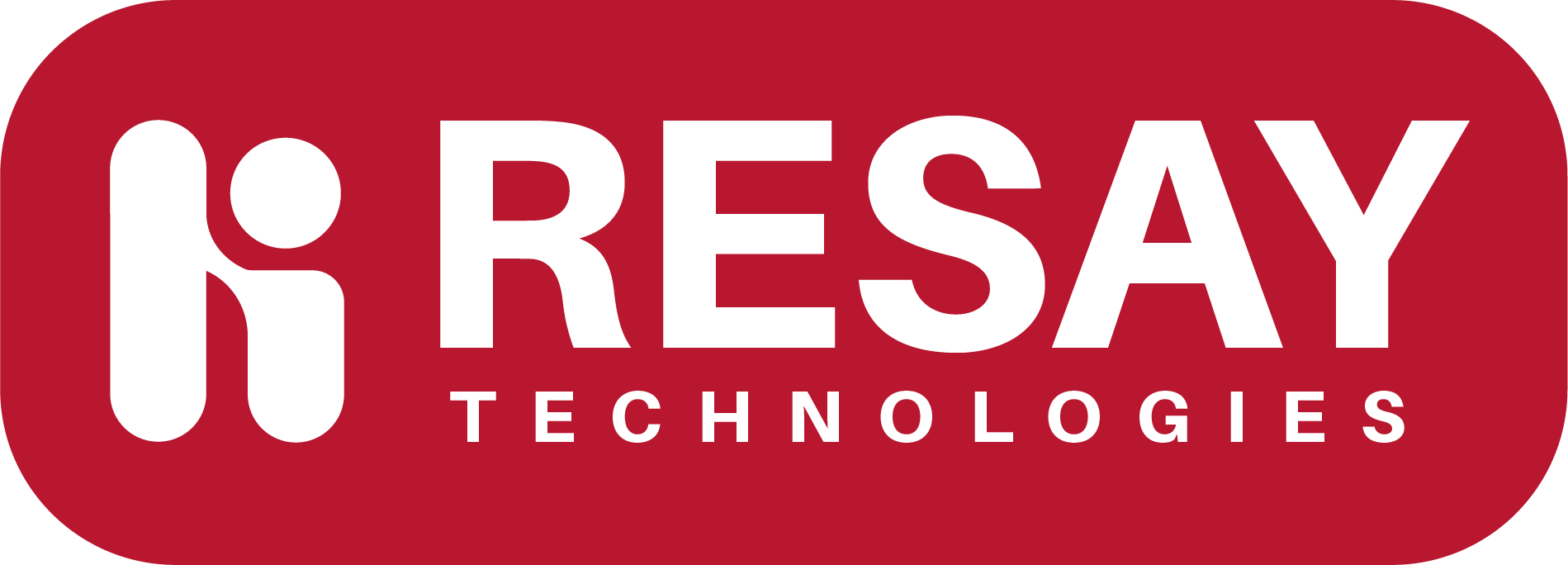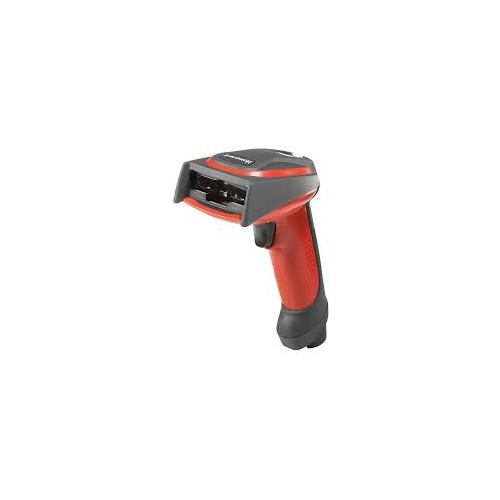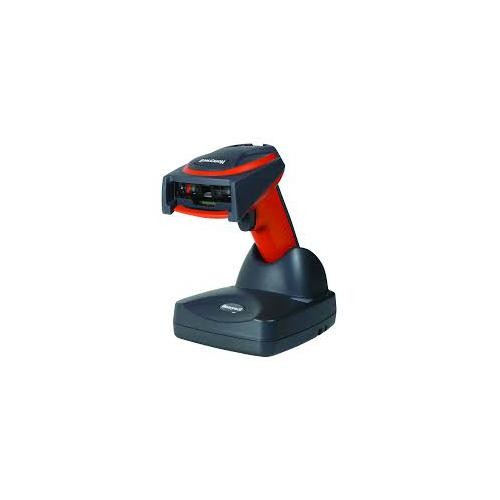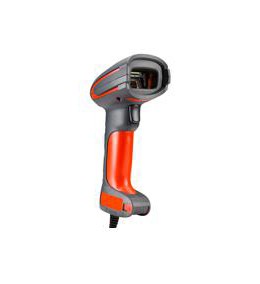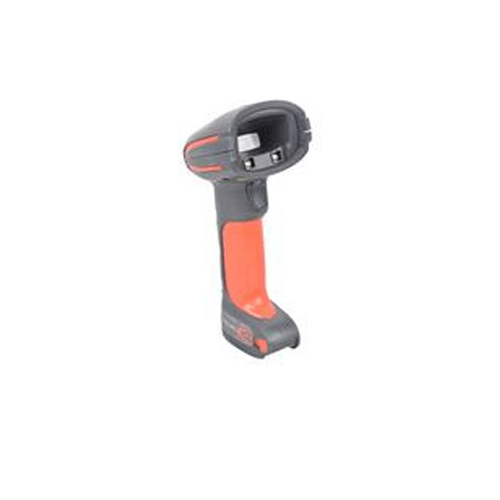Industrial scanners are specialized scanning devices designed to meet the rigorous demands of industrial environments. These environments often involve harsh conditions, high-volume scanning, and the need for durable, reliable equipment. Industrial scanners play a crucial role in various industries, including manufacturing, logistics, and warehousing. Here are key features and applications of industrial scanners:
Features of Industrial Scanners:
- Durability:
- Industrial scanners are built to withstand harsh conditions, including extreme temperatures, dust, moisture, and potential physical impact.
- They are often constructed with rugged materials to ensure longevity and reliability in challenging environments.
- High-speed Scanning:
- Industrial scanner are designed for high-speed and high-volume scanning to optimize productivity in manufacturing and logistics processes.
- Fast scanning capabilities help improve efficiency in tasks such as inventory management and product tracking.
- Long-Range Scanning:
- Some industrial scanner are equipped with long-range scanning capabilities, allowing them to read barcodes or RFID tags from a distance.
- This feature is beneficial in large warehouses or industrial settings where scanning distances may vary.
- Compatibility with Various Barcodes:
- Industrial scanners are capable of reading a variety of barcode types, including 1D and 2D barcodes, QR codes, and other data matrix codes.
- This versatility makes them suitable for diverse applications in different industries.
- Rugged Connectivity:
- Industrial scanner often come with robust connectivity options, including wired interfaces (USB, Ethernet) and wireless technologies (Bluetooth, Wi-Fi), allowing for flexible integration into industrial systems.
- Integration with Industrial Systems:
- These scanners can be integrated into larger industrial systems and enterprise resource planning (ERP) software for seamless data capture and management.
- Modularity:
- Some industrial scanner are modular, allowing users to customize them based on specific requirements or upgrade components as needed.
- ATEX Certification:
- In certain industries, such as oil and gas or chemical manufacturing, industrial scanners may require ATEX certification, indicating compliance with safety standards for explosive atmospheres.
Applications of Industrial Scanners:
- Manufacturing:
- Used for tracking and tracing components in the manufacturing process.
- Can be integrated into production lines for quality control and inventory management.
- Logistics and Warehousing:
- Essential for inventory management, order fulfillment, and tracking goods throughout the supply chain.
- Can handle high-throughput scanning in busy distribution centers.
- Automotive Industry:
- Used for managing inventory, tracking parts, and ensuring quality control in automotive manufacturing processes.
- Food and Beverage Industry:
- Applied for tracking products, managing inventory, and ensuring compliance with food safety regulations.
- Pharmaceuticals:
- Used for tracking and tracing pharmaceutical products throughout the manufacturing and distribution process to ensure compliance and safety.
- Aerospace and Defense:
- Applied for inventory management, asset tracking, and ensuring the quality and traceability of components in the aerospace and defense industries.
- Mining and Energy:
- Used for tracking equipment, managing inventory, and ensuring safety compliance in challenging environments.
Industrial scanners are designed to provide reliable and efficient data capture in demanding industrial settings, contributing to improved productivity, accuracy, and overall operational efficiency. The choice of an industrial scanner depends on the specific requirements of the industry and the environmental conditions in which it will be used.
